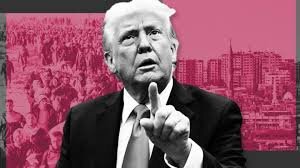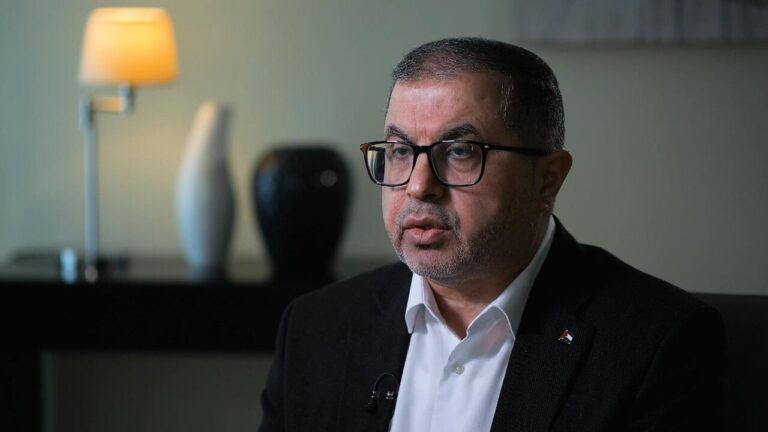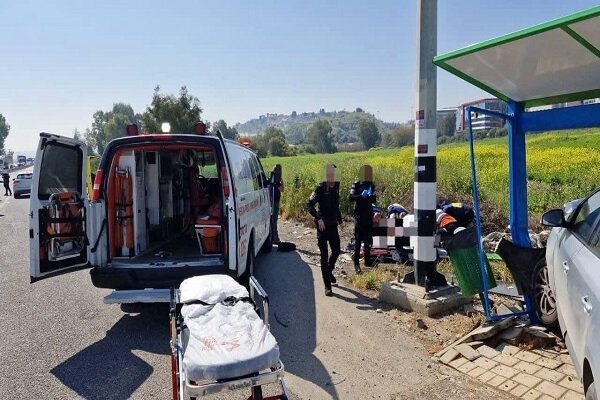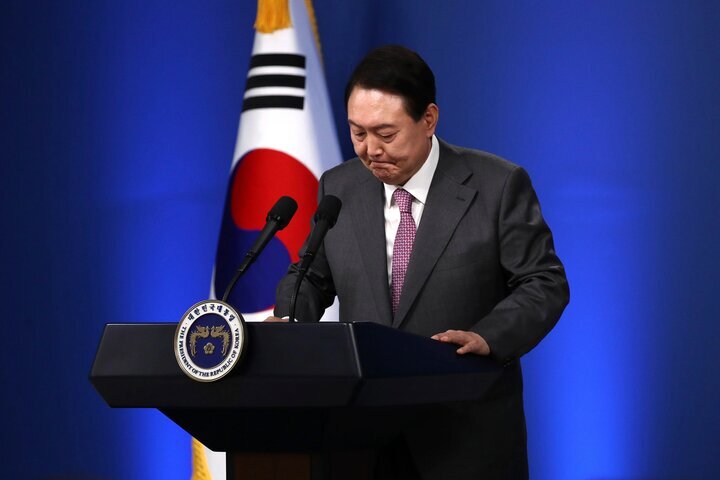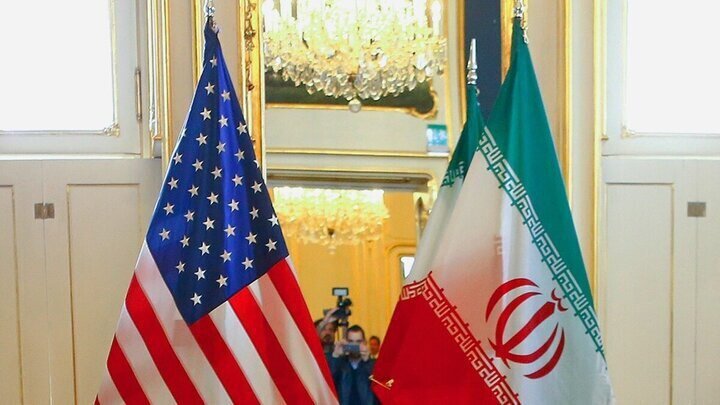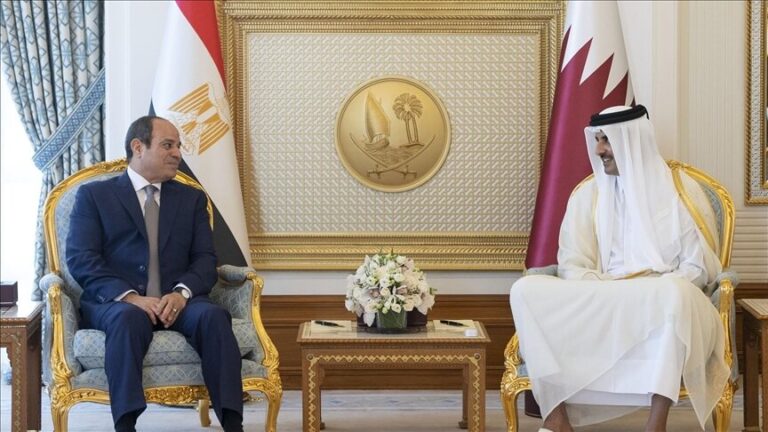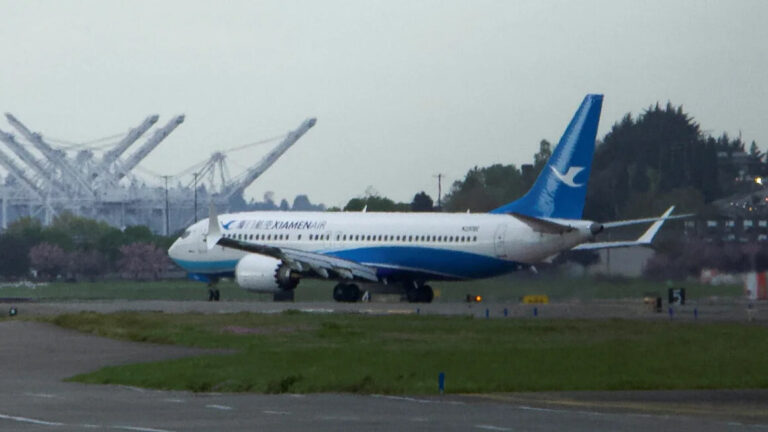Trump Proposes Transforming Gaza into a ‘Freedom Zone’ for U.S. Intervention
In a bold and controversial statement, President Trump has proposed transforming the Gaza Strip into a “freedom zone,” a move that has generated significant discussion regarding U.S. foreign policy. During a recent visit to Qatar, he shared his vision for the region, which has been marred by conflict and humanitarian crises. This proposal is part of a broader narrative surrounding U.S. involvement in the Middle East, particularly in relation to the ongoing tensions between Israel and Hamas.
Speaking at a business roundtable, Trump stated, “I have concepts for Gaza that I think are very good: Make it a freedom zone. Let the United States get involved, and make it just a freedom zone.” This statement underscores his administration’s approach to foreign policy, which often includes direct intervention in global conflicts.
He further elaborated on his vision, saying, “I’d be proud to have the United States have it, take it, make it a freedom zone, let some good things happen. Put people in homes where they can be safe, and Hamas is going to have to be dealt with.” This assertion raises questions about the practicalities of U.S. control over Gaza and the implications it would have for the local population.
Qatar has been a critical player in the ongoing ceasefire negotiations between Israel and Hamas, attempting to mediate peace talks amidst relentless hostilities. However, despite these efforts, the situation remains stagnant, with bombings continuing to disrupt the lives of civilians caught in the crossfire.
Earlier this year, Trump first introduced the idea of U.S. control over Gaza, a region that has suffered extensively due to Israeli military operations. This proposal aligns with his administration’s broader strategy of engaging more directly in the affairs of the Middle East.
In earlier discussions, Trump suggested that Palestinians currently residing in Gaza might need to relocate within the region while the U.S. undertakes extensive rebuilding efforts in the strip. However, he has not provided a clear roadmap for how the U.S. would assume control of the territory, previously mentioning that Israel would facilitate this transition after concluding its military actions against Hamas.
The concept of a U.S.-controlled Gaza has not been well-received by various stakeholders. Here are some key reactions:
- Palestinian Leadership: The head of the Palestinian National Authority has expressed strong disapproval of the proposal, emphasizing the need for Palestinian sovereignty and self-determination.
- Regional Allies: U.S. allies in the Middle East, including Saudi Arabia, have also criticized the notion, highlighting the complexities of the Israeli-Palestinian conflict.
- Humanitarian Concerns: Many humanitarian organizations have raised alarms about the potential consequences of such a plan, particularly regarding the welfare of Gaza’s residents.
As the situation in Gaza continues to evolve, the international community watches closely. The conflict has deep historical roots, and any proposed solutions must take into account the diverse perspectives of the stakeholders involved. The challenges of rebuilding Gaza are immense, not just in terms of infrastructure but also in fostering peace and stability in a region that has long been fraught with violence.
Trump’s proposal to make Gaza a “freedom zone” serves as a reminder of the complexities of foreign policy in volatile regions. The implications of such a move could be far-reaching, affecting not only the inhabitants of Gaza but also the broader geopolitical landscape. The ongoing conflict has already led to significant loss of life and suffering, and any further escalation could exacerbate the humanitarian crisis.
In conclusion, President Trump’s vision for Gaza as a U.S.-controlled “freedom zone” introduces a new layer to the already intricate narrative of Middle Eastern politics. As discussions continue, it is essential for policymakers to consider the historical context and the urgent need for a sustainable and equitable solution to the Israeli-Palestinian conflict.
